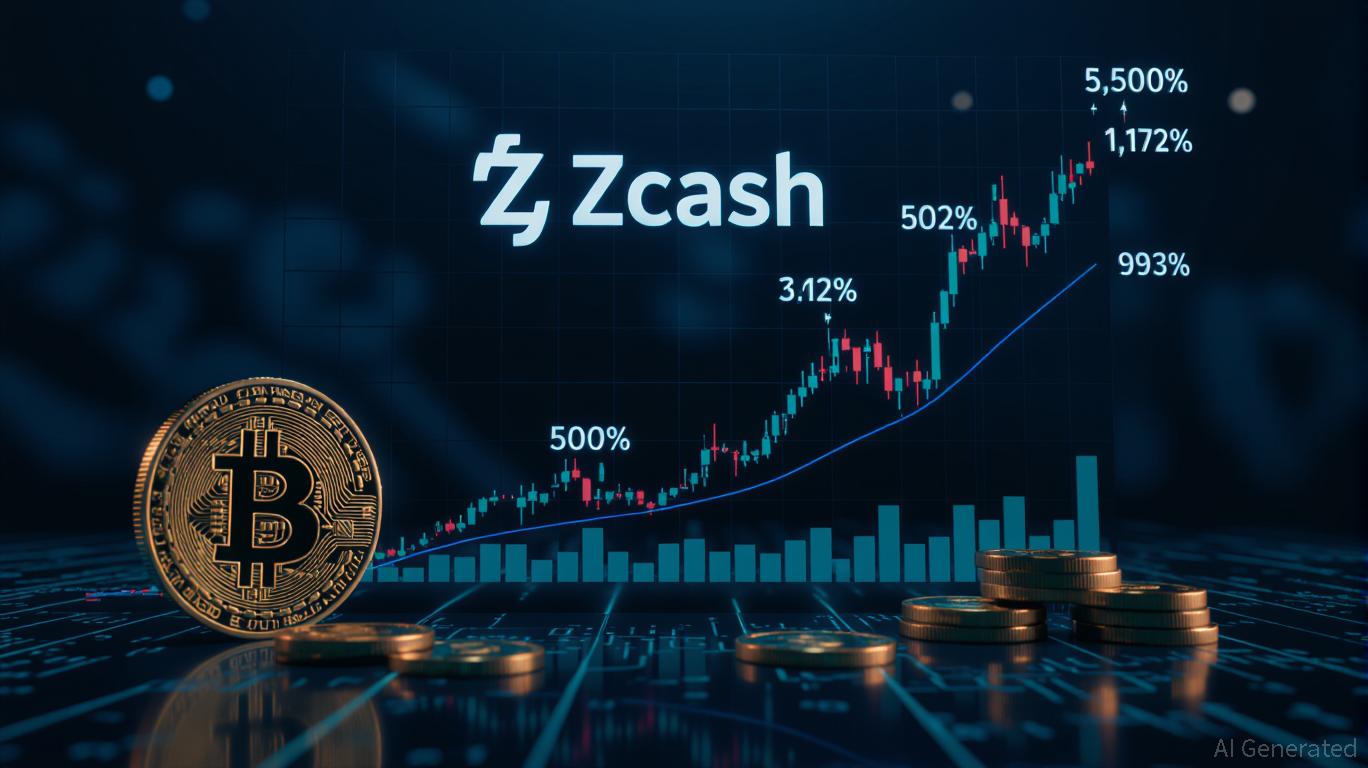Bitcoin Updates: Analysts Praise Bitcoin Approach, Yet Copying Becomes Increasingly Hazardous
- Strategy's Michael Saylor plans to buy more Bitcoin as prices rebound, but capital constraints limit growth without shareholder dilution. - Mixed market signals show $477M ETF inflows vs. a $19B crypto crash, with experts forecasting $200K Bitcoin by 2025 despite ETF stagnation. - Swiss bank Sygnum introduces transparent Bitcoin lending via multisign custody, aiming to boost institutional participation in crypto collateral. - Regulatory risks rise as BOE investigates AI-linked data-center lending, while
Analysts Maintain That Strategy's
Michael Saylor's
Market signals remain mixed. On October 22, Bitcoin ETFs saw
Institutional developments are also transforming the Bitcoin sector. Swiss-based Sygnum Bank has introduced a
Yet, regulatory oversight is intensifying. The Bank of England is examining data-center lending linked to AI, cautioning that a collapse in AI valuations could threaten financial stability. With projections of $6.7 trillion to be invested in AI infrastructure by 2030, the BOE's
In spite of these challenges, specialists contend that Strategy's approach is still sound. Its methodical accumulation of Bitcoin during price recoveries is consistent with historical trends. However, the company’s limited mNAV buffer and the growing dominance of ETFs—which now see BlackRock alone holding 803,287 BTC—indicate that the chance to mirror Strategy's achievements is rapidly closing.
Disclaimer: The content of this article solely reflects the author's opinion and does not represent the platform in any capacity. This article is not intended to serve as a reference for making investment decisions.
You may also like
Custodia Bank Fights Back: Urgent Rehearing Request on Fed Master Account Denial
Zcash Halving 2025 and What It Means for the Future of Privacy-Focused Cryptocurrency
- Zcash's 2025 halving reduced block rewards by 50% and locked 12% of new supply via ZIP 1015, enhancing its deflationary model. - The event triggered a 942% price surge to $526.48 but saw rapid 4.2% declines as traders cashed profits amid market volatility. - Institutional adoption grew with $137M from Grayscale, yet regulatory scrutiny and liquidity risks persist for privacy-focused assets. - Upcoming 2028 halving aims to match Bitcoin's 1% inflation rate, but success depends on balancing privacy with co

The Increasing Significance of ICP Network Expansion within Web3 Infrastructure: Targeted Investments in Scalable and Decentralized Networking Solutions
- ICP Network's 2025 Fission/Stellarator upgrades enable 11,500 TPS and Bitcoin/Ethereum interoperability, attracting $1.14B in TVL and partnerships with Microsoft/Google. - ICP's Internet Identity system and UN's "Universal Trusted Credentials" initiative demonstrate decentralized identity's role in digitizing SME finance and cross-border commerce. - Tokenized RWAs on ICP reached $33B in 2025, with Hamilton Lane's fund and Protium upgrade addressing institutional needs for regulatory compliance and blockc

Merriam-Webster selects ‘slop’ as its word of the year